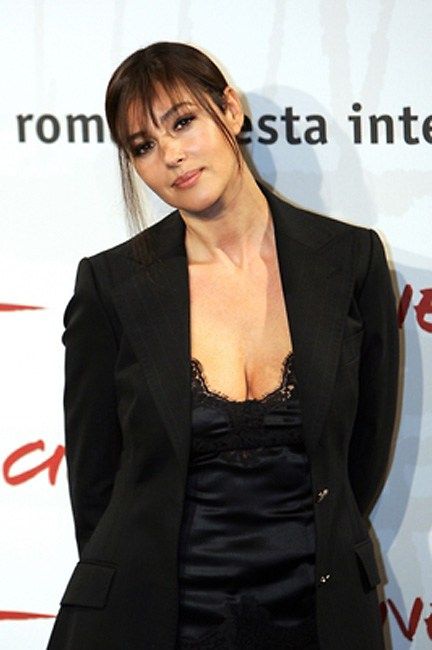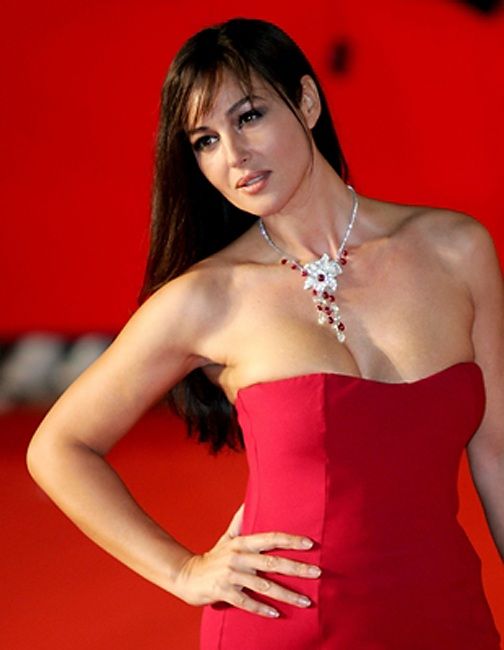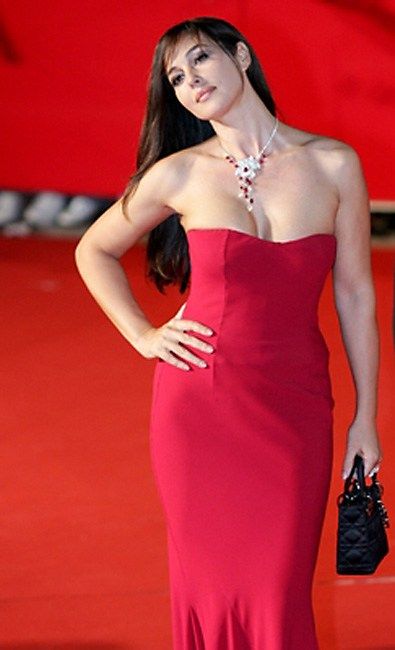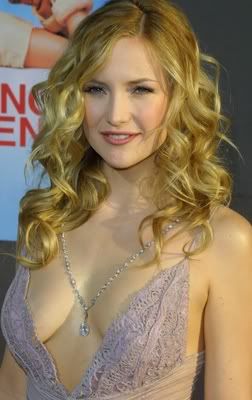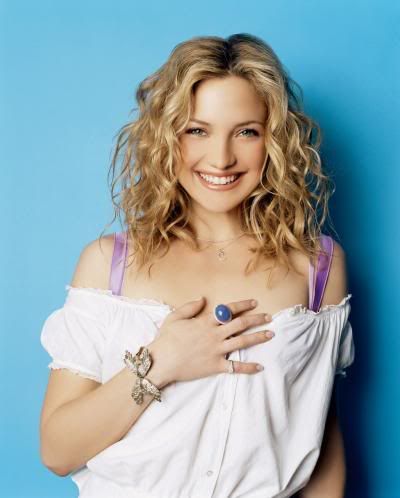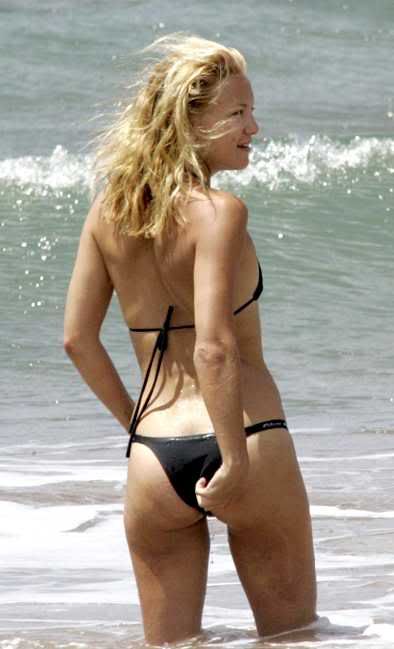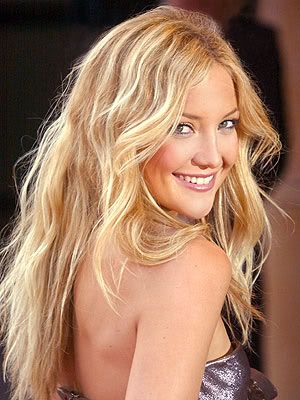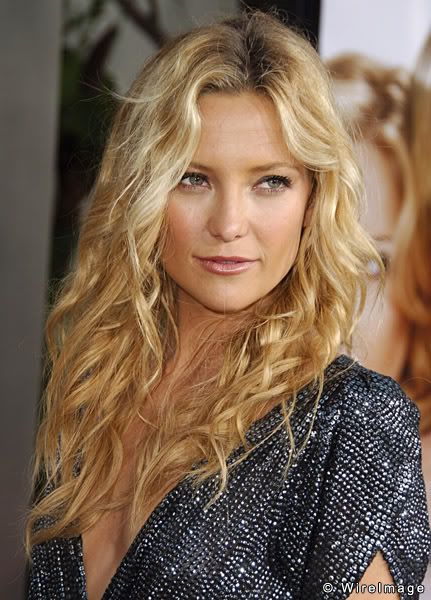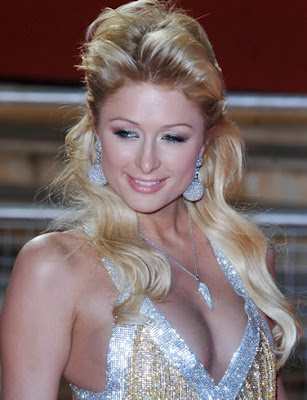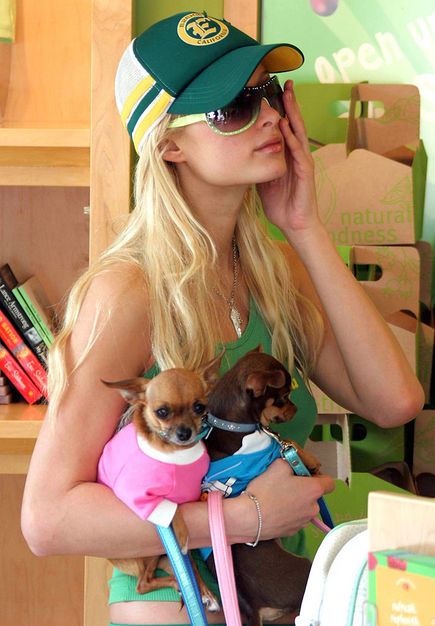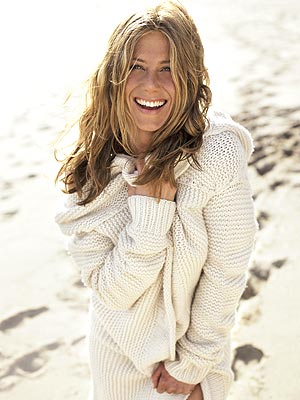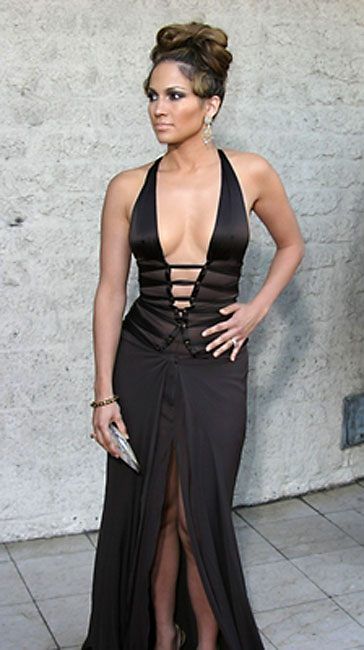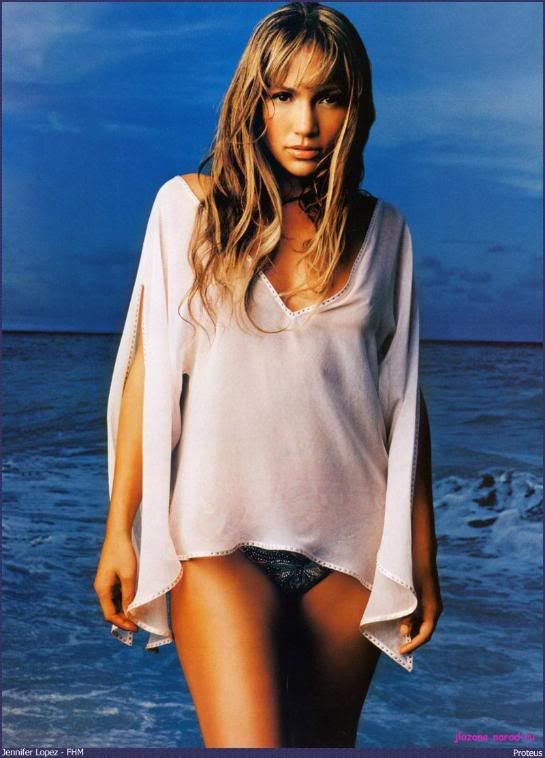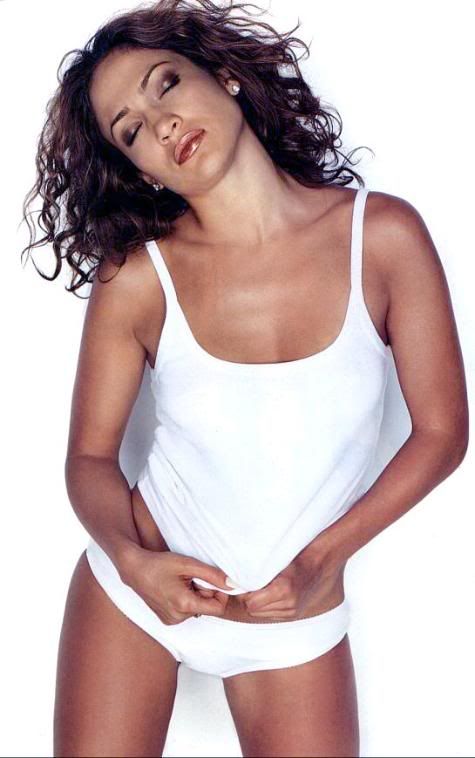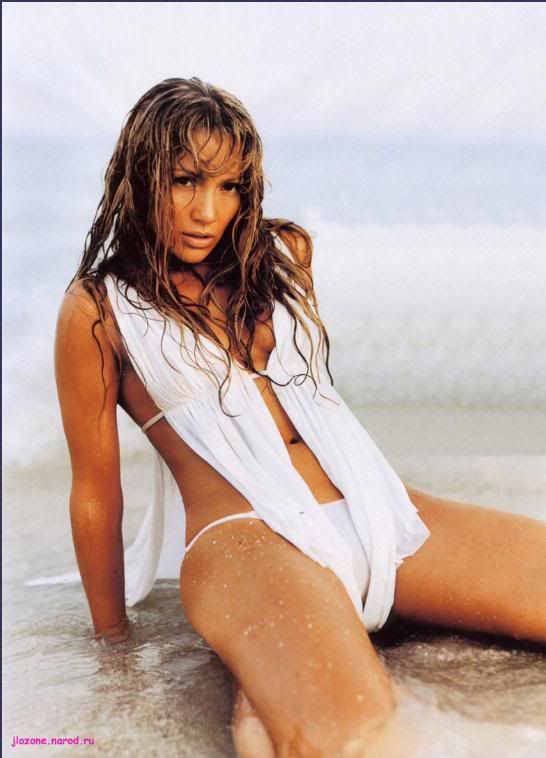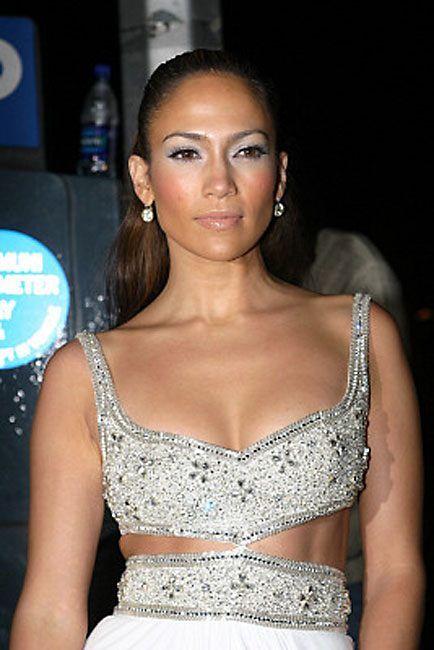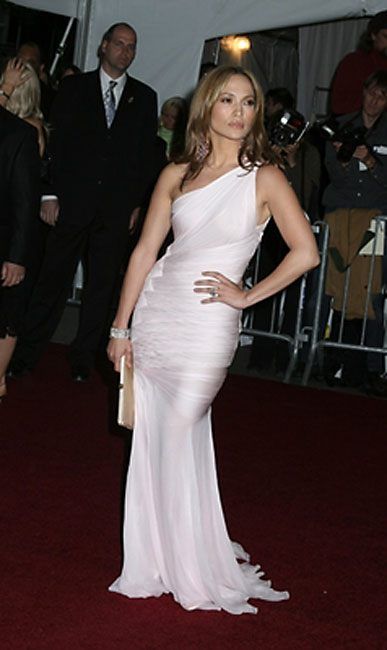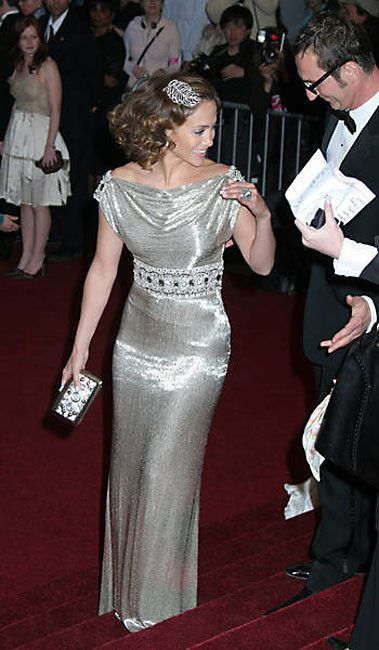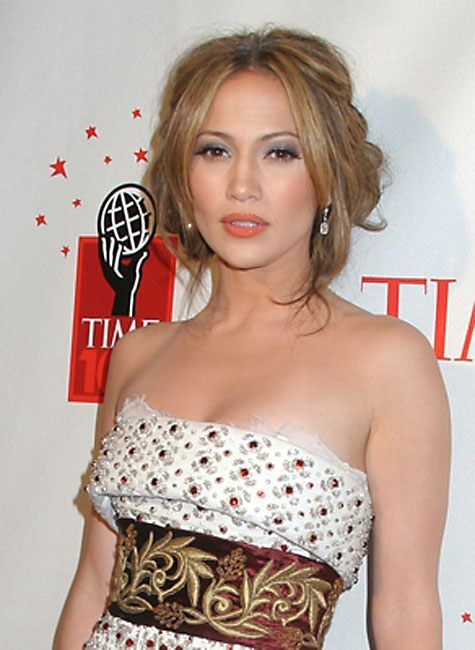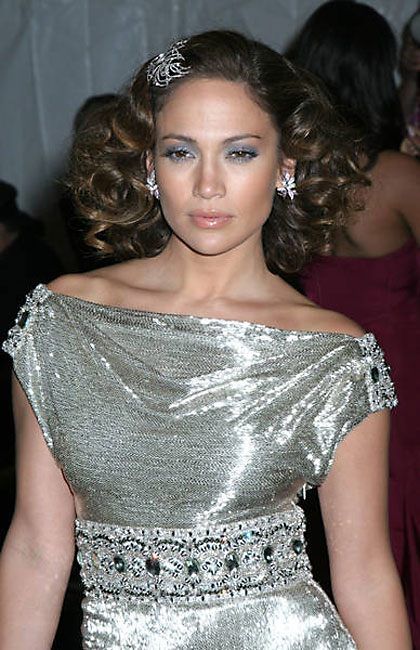0

Read more
Flick Friday's: Closer (2004)
Posted by
jonathan
Labels:
News

The truth hurts. The truth never hurt anyone. If you want to know what's ticking in Closer -- besides sex as a weapon of mass destruction -- it's the tension between those two contradictory principles. Mike Nichols, the director of 1967's The Graduate enjoying a new creative peak with HBO's Angels in America and Wit, orchestrates that tension into a master class on the art of directing. His haunting, hypnotic Closer vibrates with eroticism, bruising laughs and dynamite performances from four attractive actors doing decidedly unattractive things.
Julia Roberts plays Anna, a photographer who is goaded by her doctor husband, Larry (Clive Owen). He wants to know about Dan (Jude Law), the obit writer she's dumping him for, and the taste of his semen. "It tastes like yours, only sweeter," says Anna, cutting him no slack and delivering Roberts from the safety of her Hollywood comedies. Larry takes out his rage on Dan's girl Alice (Natalie Portman), a stripper who wiggles her ass in Larry's face but won't give him what he craves: intimacy.
We're not in Kansas anymore, or any other Red State. Closer, adapted by Patrick Marber from his 1997 play, is set in modern London, where hooking up only registers if you betray the one you're with. This is strong, stinging stuff, a bookend to Nichols' 1971 Carnal Knowledge, but it can numb you with its formal precision, as it did on Broadway in 1999.
This is where Nichols comes in, with his unerring sense of how humor can humanize brutal behavior (think of the alchemy he achieved with the 1966 film version of Who's Afraid of Virginia Woolf?). Marber, a former stand-up, hasn't declawed his dialogue, though one character earns a redemptive ending not in the play. It's just that his characters share a vulnerability that wasn't so clear before. With the help of skilled editing, Nichols keeps the action fluid, as the film spans four years but covers only the beginnings and endings of the relationships among the quartet.
Nichols makes impossible demands on the actors, and they meet every one. Roberts excels as a woman who uses truth as a survival tactic. Law, letting the nerve endings show under Dan's pretty surface, opts for lying ("It's the currency of the world"). Not Larry, the caveman in doctor's whites who sees the heart as "a fist wrapped in blood." It's not enough to degrade Alice; Larry has to make sure Dan knows it. Owen gives the role a raw intensity that is absolutely riveting. And he meets his match in Portman, who digs so deep into the bruised core of her character that they seem to wear the same skin. It's a blazing, breakthrough performance.
On their first walk, Alice and Dan pass a park dedicated to ordinary people who performed heroic acts. There are none of those here, just acts of naked aggression disguised as sex and honesty. Cold business? Not with these actors. Not with this director. Closer is a triumph for Nichols because he reinvents the play by filling the spaces between the words with telling nuances. With the insistent yearning of "The Blower's Daughter," the Damien Rice song that punctuates the film, Nichols locates something unexpected in Closer: a grieving heart.
Julia Roberts plays Anna, a photographer who is goaded by her doctor husband, Larry (Clive Owen). He wants to know about Dan (Jude Law), the obit writer she's dumping him for, and the taste of his semen. "It tastes like yours, only sweeter," says Anna, cutting him no slack and delivering Roberts from the safety of her Hollywood comedies. Larry takes out his rage on Dan's girl Alice (Natalie Portman), a stripper who wiggles her ass in Larry's face but won't give him what he craves: intimacy.
We're not in Kansas anymore, or any other Red State. Closer, adapted by Patrick Marber from his 1997 play, is set in modern London, where hooking up only registers if you betray the one you're with. This is strong, stinging stuff, a bookend to Nichols' 1971 Carnal Knowledge, but it can numb you with its formal precision, as it did on Broadway in 1999.
This is where Nichols comes in, with his unerring sense of how humor can humanize brutal behavior (think of the alchemy he achieved with the 1966 film version of Who's Afraid of Virginia Woolf?). Marber, a former stand-up, hasn't declawed his dialogue, though one character earns a redemptive ending not in the play. It's just that his characters share a vulnerability that wasn't so clear before. With the help of skilled editing, Nichols keeps the action fluid, as the film spans four years but covers only the beginnings and endings of the relationships among the quartet.
Nichols makes impossible demands on the actors, and they meet every one. Roberts excels as a woman who uses truth as a survival tactic. Law, letting the nerve endings show under Dan's pretty surface, opts for lying ("It's the currency of the world"). Not Larry, the caveman in doctor's whites who sees the heart as "a fist wrapped in blood." It's not enough to degrade Alice; Larry has to make sure Dan knows it. Owen gives the role a raw intensity that is absolutely riveting. And he meets his match in Portman, who digs so deep into the bruised core of her character that they seem to wear the same skin. It's a blazing, breakthrough performance.
On their first walk, Alice and Dan pass a park dedicated to ordinary people who performed heroic acts. There are none of those here, just acts of naked aggression disguised as sex and honesty. Cold business? Not with these actors. Not with this director. Closer is a triumph for Nichols because he reinvents the play by filling the spaces between the words with telling nuances. With the insistent yearning of "The Blower's Daughter," the Damien Rice song that punctuates the film, Nichols locates something unexpected in Closer: a grieving heart.
0

Read more
Charles Theron Bio
Posted by
jonathan
Labels:
Charlize Theron

Charles Theron Biography
Theron was born in Benoni, South Africa. Her father, Charles Theron, was a construction company owner of French Huguenot descent; her mother, Gerda, is of German descent and took over her husband's business after his death. Theron's first language is Afrikaans, and her second is English. (In the United States, both in her films and while being interviewed, etc., Theron speaks with a totally unaccented American style of speech, leading most Americans to assume she is American.)
"Theron" is a French surname pronounced in Afrikaans as "Tronn," although she has said that she prefers the pronunciation "Thrown."[1] The pronunciation commonly used in the United States is as spelled: THER-on.
Theron grew up as the only child on her parents' farm near Johannesburg (Benoni) and was sent to a boarding school at the age of thirteen. At fifteen, Theron witnessed the death of her father, an abusive alcoholic; her mother shot him in self-defense when he attacked her. No charges were pressed.
Theron was born in Benoni, South Africa. Her father, Charles Theron, was a construction company owner of French Huguenot descent; her mother, Gerda, is of German descent and took over her husband's business after his death. Theron's first language is Afrikaans, and her second is English. (In the United States, both in her films and while being interviewed, etc., Theron speaks with a totally unaccented American style of speech, leading most Americans to assume she is American.)
"Theron" is a French surname pronounced in Afrikaans as "Tronn," although she has said that she prefers the pronunciation "Thrown."[1] The pronunciation commonly used in the United States is as spelled: THER-on.
Theron grew up as the only child on her parents' farm near Johannesburg (Benoni) and was sent to a boarding school at the age of thirteen. At fifteen, Theron witnessed the death of her father, an abusive alcoholic; her mother shot him in self-defense when he attacked her. No charges were pressed.
Subscribe to:
Comments (Atom)











